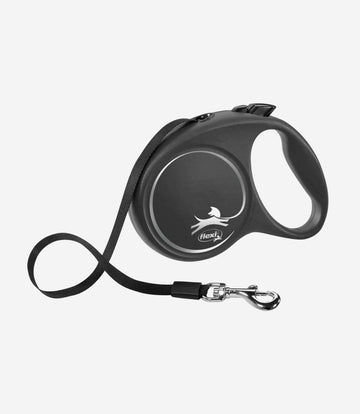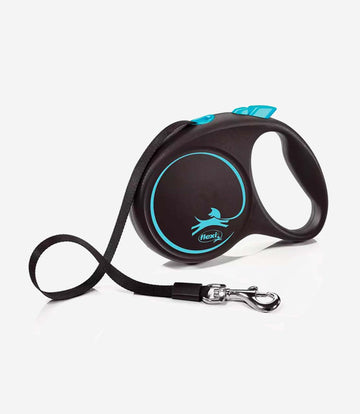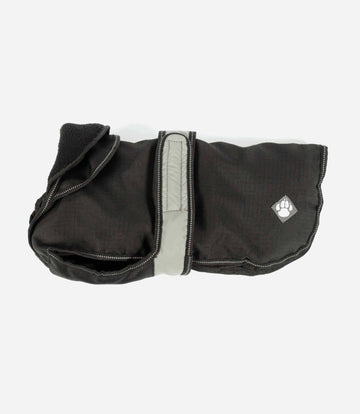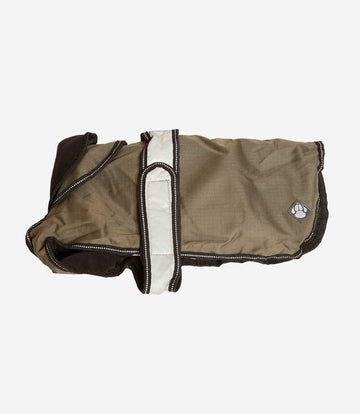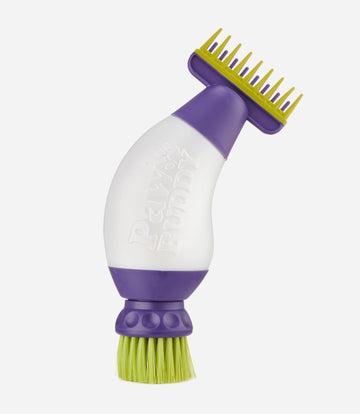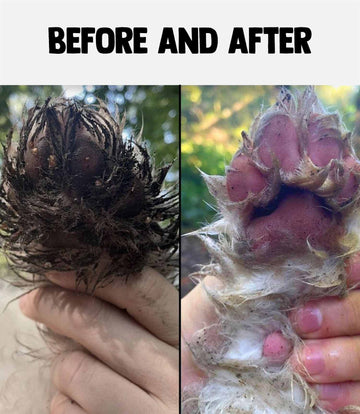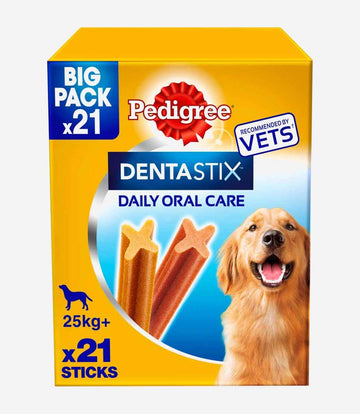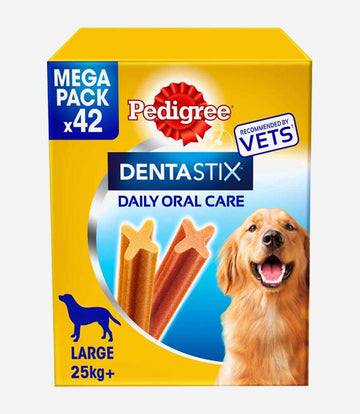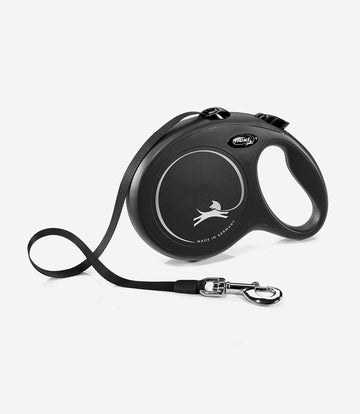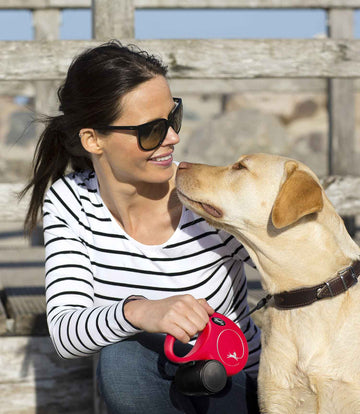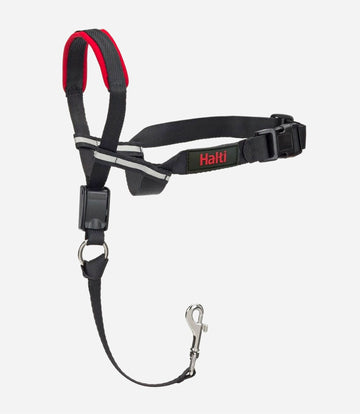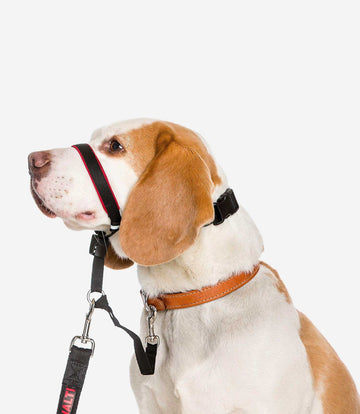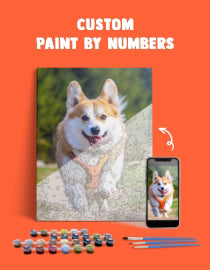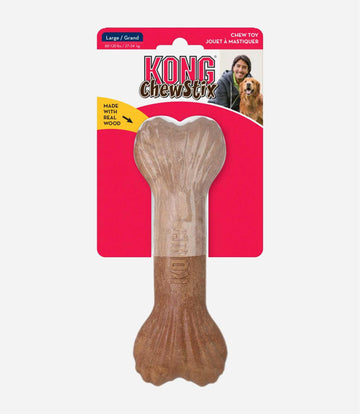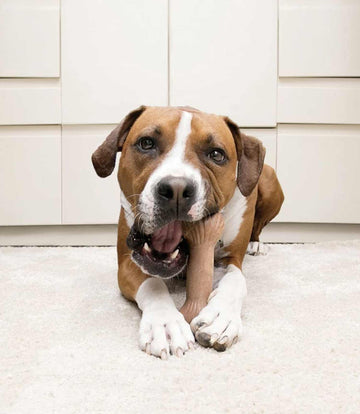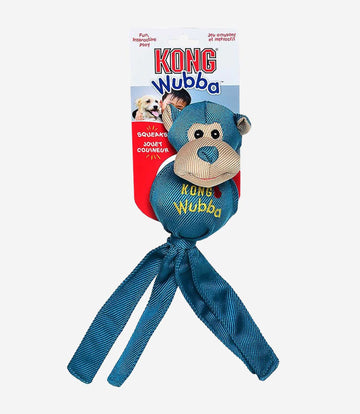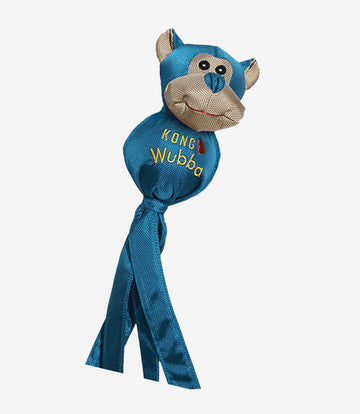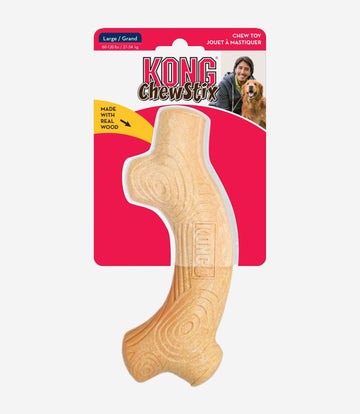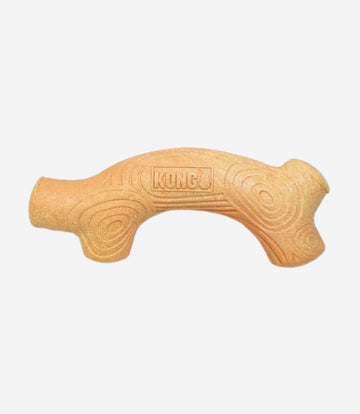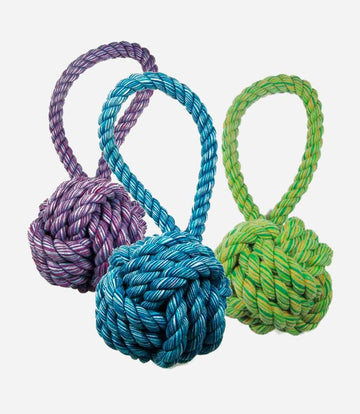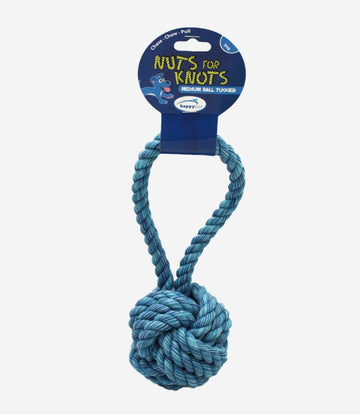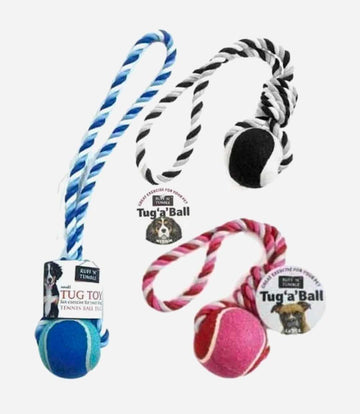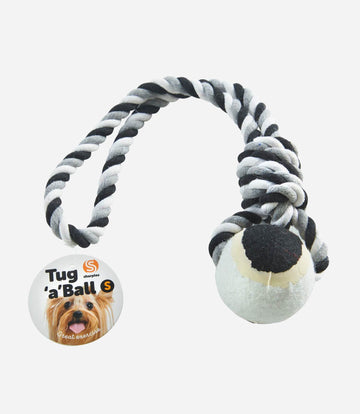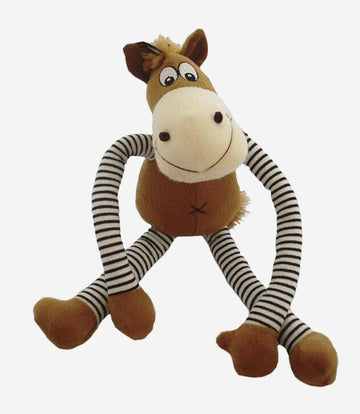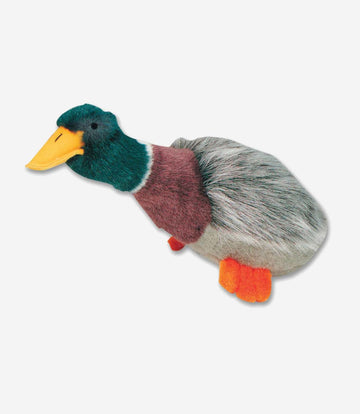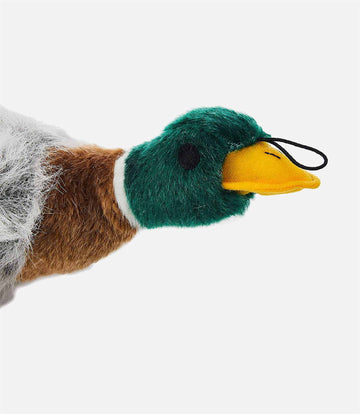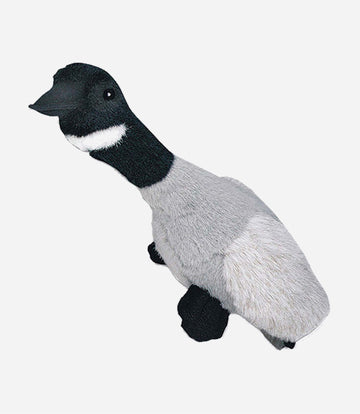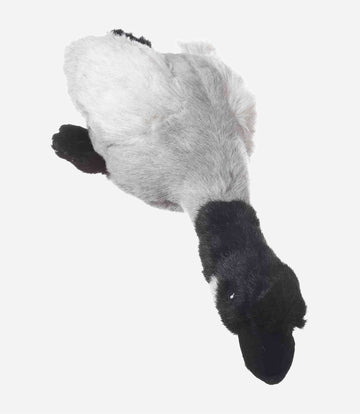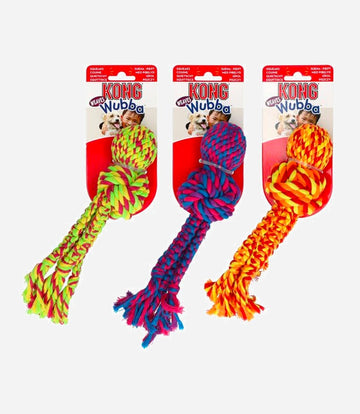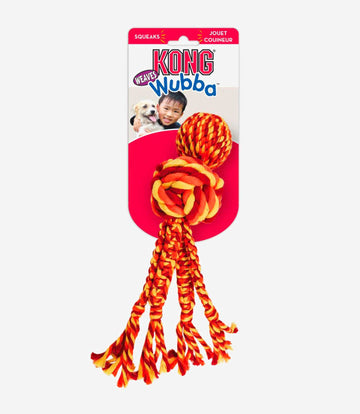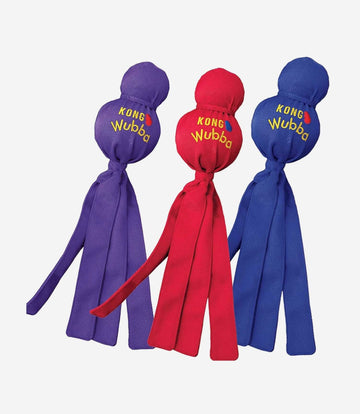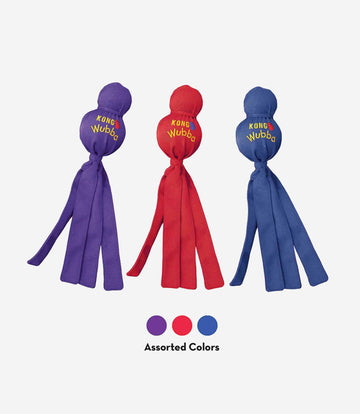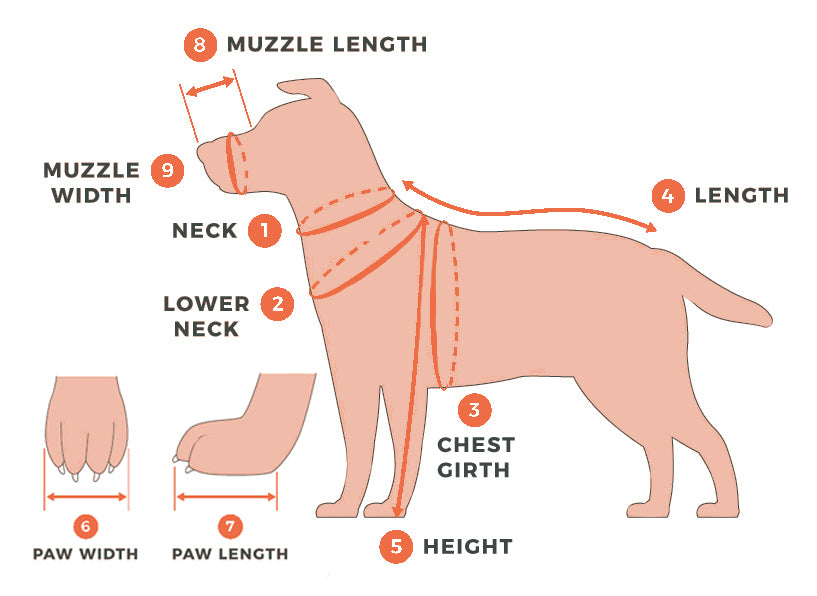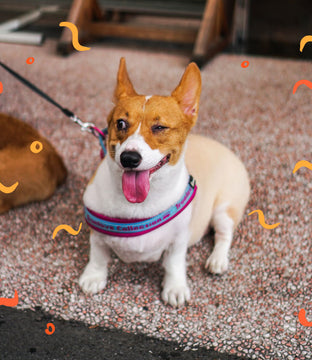Puppies Leaving Mother at 7 Weeks: What You Need to Know
Looking back at previous weeks might help prepare for this week's development work. Seven-week-old pups remain with their mother and littermates until they are eight weeks old. A large number of states have passed legislation to support this position. Only a handful of states allow pups to be sold at seven weeks of age, which is quite unusual.

Before 7 Weeks
The mother dog will rise and move away if needed due to the pups' sharp teeth and nails during nursing. Therefore feeding starts at seven weeks of age to avoid this situation altogether. Breeders give pups who can't be breastfed gruel and mush to encourage them to eat different foods and eventually transition to solids. Weaning may start as early as three weeks after birth when the puppy is seven to eight weeks old.
In comparison to pups placed with families between the ages of seven and eight weeks, puppies removed before the seven-week mark are more likely to exhibit signs of anxiety and panic. Biting inhibition and social skills are two more potential problems.
If a puppy can stay with its mother and littermates for more than eight weeks, it is advantageous to other puppies. Maltese puppies, for example, should be placed in new homes at 12 weeks of age since their development is much slower than that of other breeds of puppies.
Physical Development
Puppies are at a period of rapid development at seven weeks of age, and they are using every nutrient you give them.
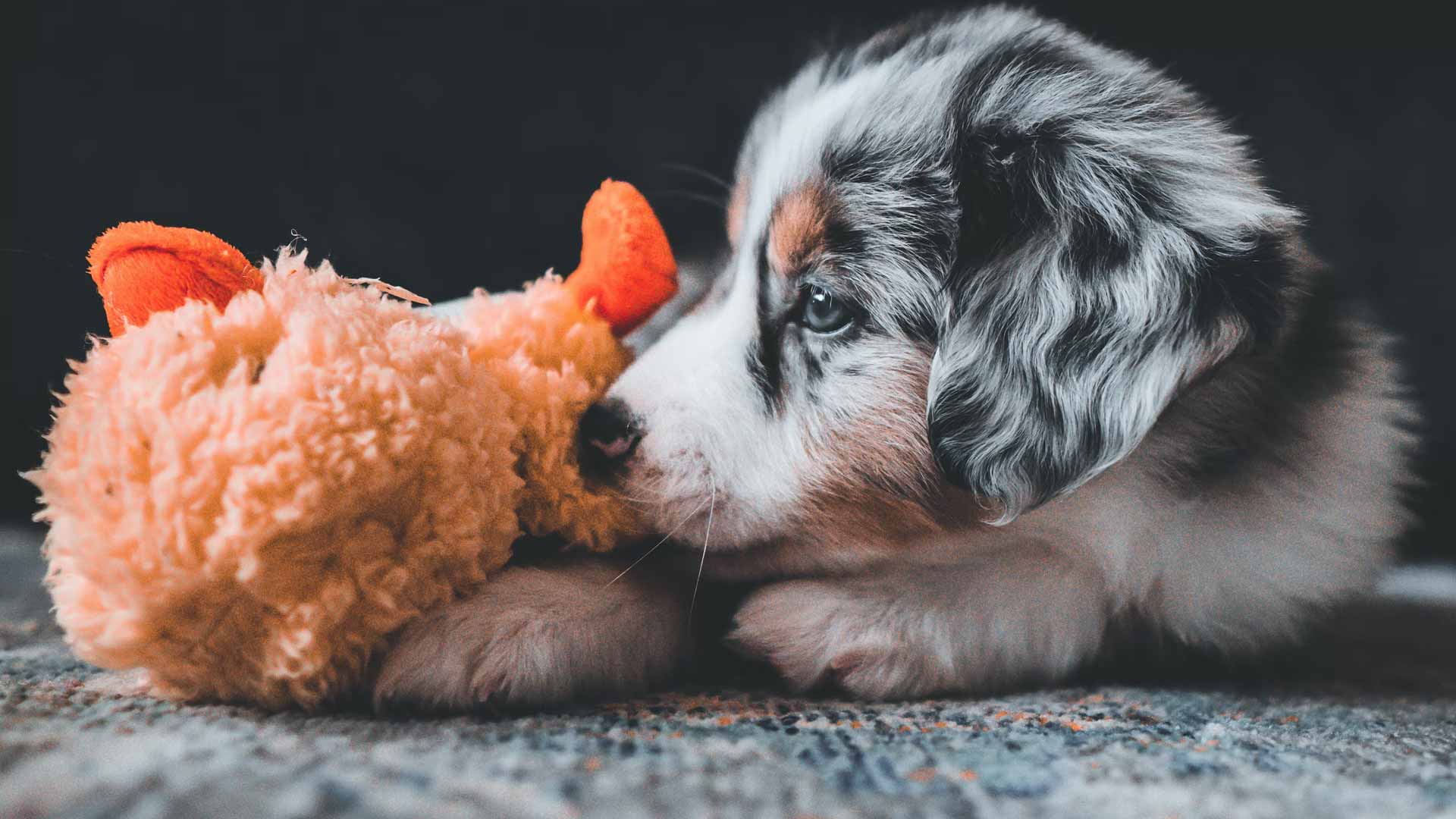
Potty Habits
The puppy's bladder is the size of a pea at this stage. As long as the pup is awake and active, it may drink a lot and pee every 20 to an hour. They will pee after they have slept, while they are playing, and during the majority of the time, they are up, in other words. It's possible that they can hold it for three to four hours while they sleep, which means that you may have to get up at least twice a night for a bit of toilet break.
Puppies at this age are inclined to use toilet sites that are apart from where they sleep, eat, drink, or play to avoid accidents. Puppy mill dogs, forced to pee in cramped cages, may have their natural impulses hindered.
There are some amazing products that you can use to help with your puppies potty training. Here are a few:
- Sharples House Training Pads - House pads to slowly move your dog closer to the door and then outside.
- Company of Animals Clix Toilet Training Bells - Create habits with your dog and hang these on the door so that they can tell you when they need to go.
- Dog Treats - Don't be afraid to keep rewarding your dog every time they go on the house pads - Small bite sized treats are the best but ensure you reduce their main meal accordingly.
Puppy Bites
All of a puppy's milk teeth have erupted by the time they are seven weeks old. Do not be fooled by the benign seeming moniker of a puppy's teeth; pups can bite down on anything that moves. Shoes, clothes, arms, hands, and fingers are all included. Puppies will eventually develop and stop biting, but puppy bite inhibition activities and gentle incentives may help them measure the strength of their jaws as they learn to accept goodies.
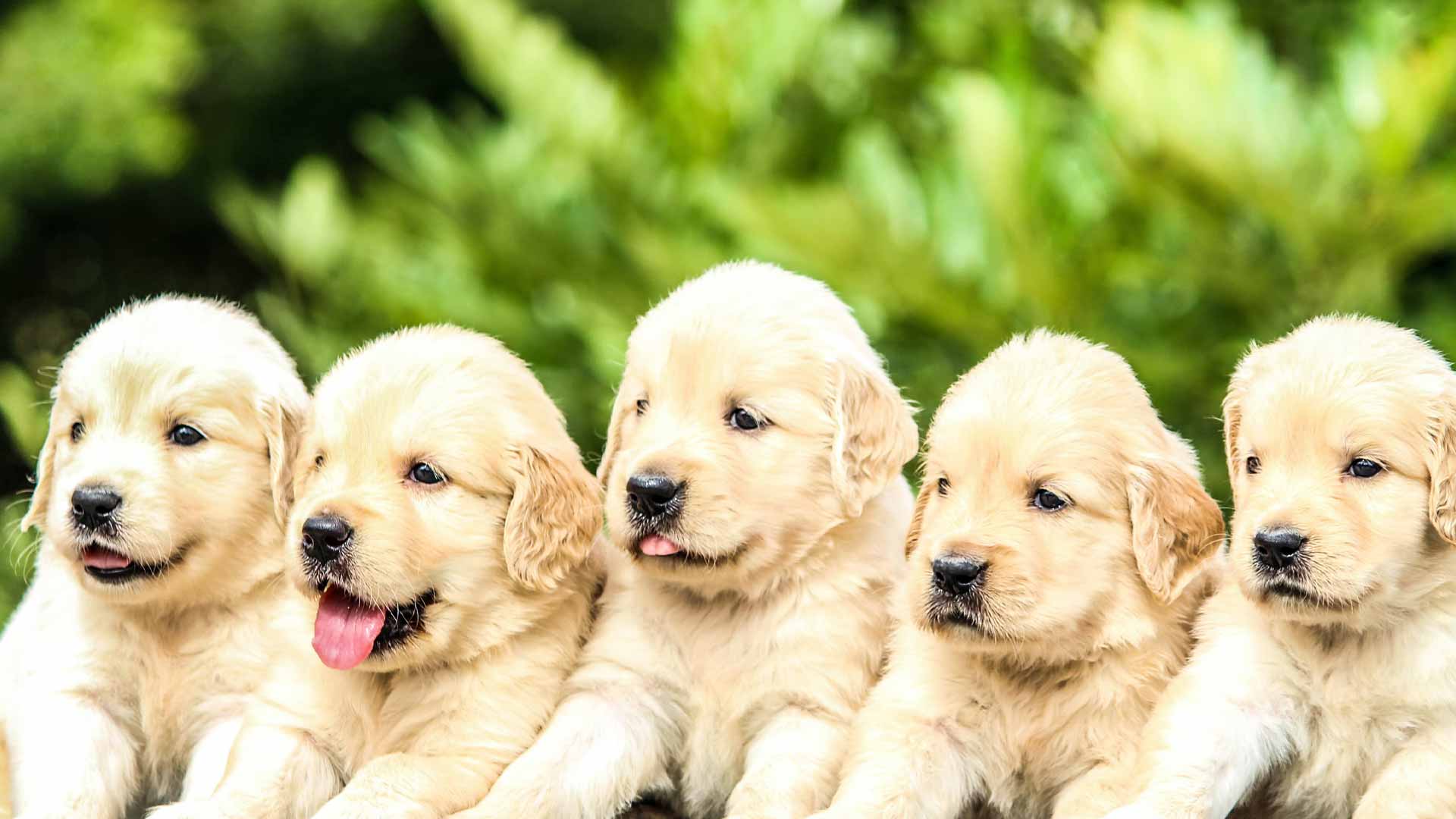
Vaccines
Many pups are given their first vaccines between six and eight weeks. It takes approximately a week for the vaccination to take effect, but they are not immune enough to be exposed safely even then. Until at least a week after their final booster vaccination, pups at this age shouldn't be allowed on any public grounds where other puppies and dogs may play. If you have any concerns about how to keep your puppy safe from potentially fatal infectious infections because of where you live, talk to your veterinarian.
Embracing the Secondary Socialisation Period
A puppy's second socialisation stage begins about the seventh week of life when it is about to leave its mother and littermates for its first home.
Secondary socialisation is when pups are more likely to approach people and new stimuli with a sense of confidence and less anxiety. Because this period is so brief, pups should be socialised while still having the opportunity to do so.
Socialising With People
A variety of individuals, including those who use hats, canes, and umbrellas, should be introduced to your seven-week-old puppy or pups. According to research, Puppies exposed to a wide range of people, places, and things are more inclined to welcome new experiences throughout their lives.
These guys are running out of time; after seven weeks, they'll be approaching individuals considerably more slowly than a few weeks ago. Toward the end of the 14 weeks, the puppies may no longer approach humans. The need for socialising cannot be overstated, but care must be taken to prevent exposing the pup to contagious illnesses. Puppy parties and lessons might be a better alternative.
Competition among Littermates
At this age, littermates begin to compete socially. This kind of "play fighting" amongst puppies is typical and may leads to damage to the pups involved. Puppies need these "attacks" for a variety of reasons, both psychological and physiological. They help the puppies develop their motor and social abilities.
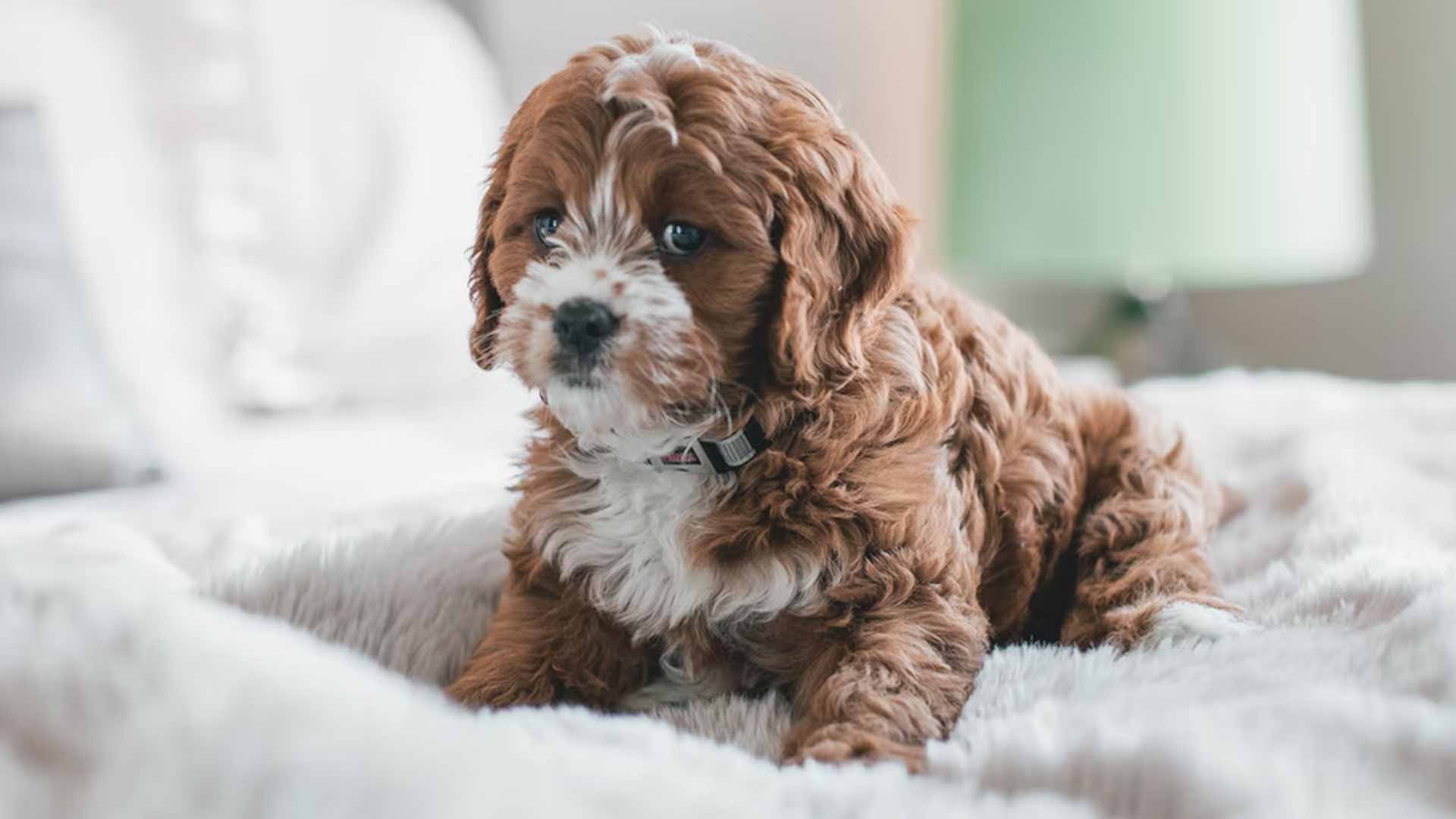
Puppy Play
The puppies are constantly squabbling and chewing on each other. Puppies may fight over toys, greet their owners, or even push each other out of the way while close to one other. The puppies are soon engaged in a wrestling match. You may sometimes hear a loud yelp, but that's entirely normal.
When puppies are this young, they learn how to regulate their bites and understand that teeth may hurt. The mother dog may step in if things get out of hand. For this reason, pups should not be separated from their littermates and mother until they are between seven and seven and a half and eight weeks old since this is an essential aspect of their training.
Here are some of the best toys for puppies:
- Rosewood Biosmart Puppy Ball Dog Toy
- Nylabone Puppy Starter Kit Dog Toy
- Kong Puppy Wubba Assorted Dog Toy - 25cm
- Mighty Pups Foam Tri-bone Dog Toy
Bonded to Littermates
Even if sibling rivalry is prevalent at seven weeks, their link is still strong. As a result, when puppies are seven weeks old and separated from the rest of their litter, their distress vocalisations are particularly noticeable. However, it has been shown that by week 10, this connection has decreased dramatically.
Puppy Anxiety
"Snuggle Puppy" may help puppies adopted at seven weeks and crate-trained. To assist puppies adapt to life without their littermates and mothers, Snuggle Puppy manufacturers have created stuffed animals with a pocket for inserting a heat pack. Some of these stuffed animals also include "heartbeat" choices.
Open to Training
Who claimed that pups less than seven weeks old aren't capable of being trained? The notion that pups should not be trained until six months old is a relic of a bygone era. It dates back to the days of puppy mills when dogs were taught various harsh methods and punishments based on fear.
With more and more dog owners and trainers using contemporary, positive reinforcement-based approaches, pups may begin training earlier in life. As soon as your puppy arrives at your house, you may begin teaching him.
Puppy Love on Canvas: Paint by Numbers
Capture the essence of puppyhood on a canvas and immortalize the fleeting moments that deserved to be preserved with paint by numbers offered by our partners. Paint by numbers is a creative and therapeutic journey that is accessible to everyone irrespective of their skills. It is also a heartwarming gift for puppy lovers. So, if you are a proud pet parent looking for ways to capture your puppy's story, paint by number has got you covered.
Final Words
Puppies' attention spans may be short at seven weeks, but they can still learn fundamental commands like sit, down, and come. Basics like gently walking on a leash may also be learned at this age.

